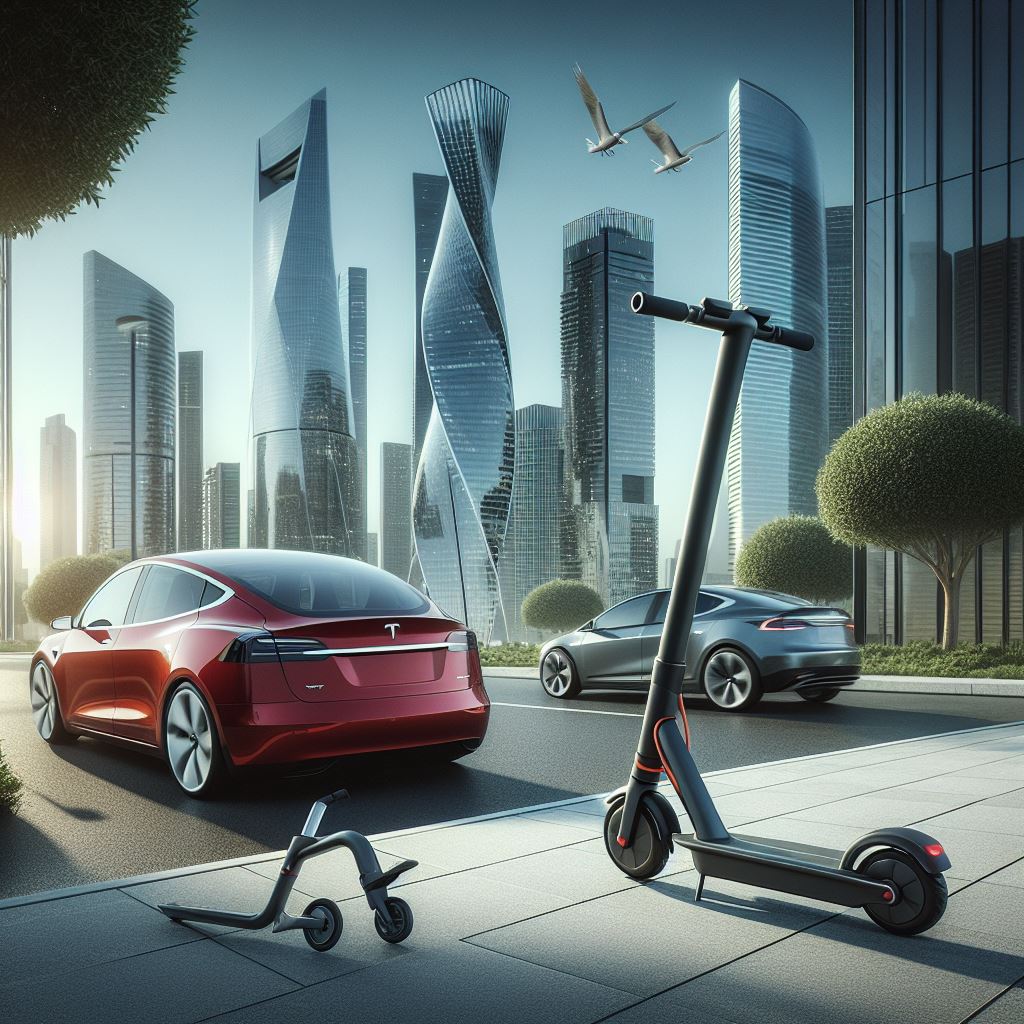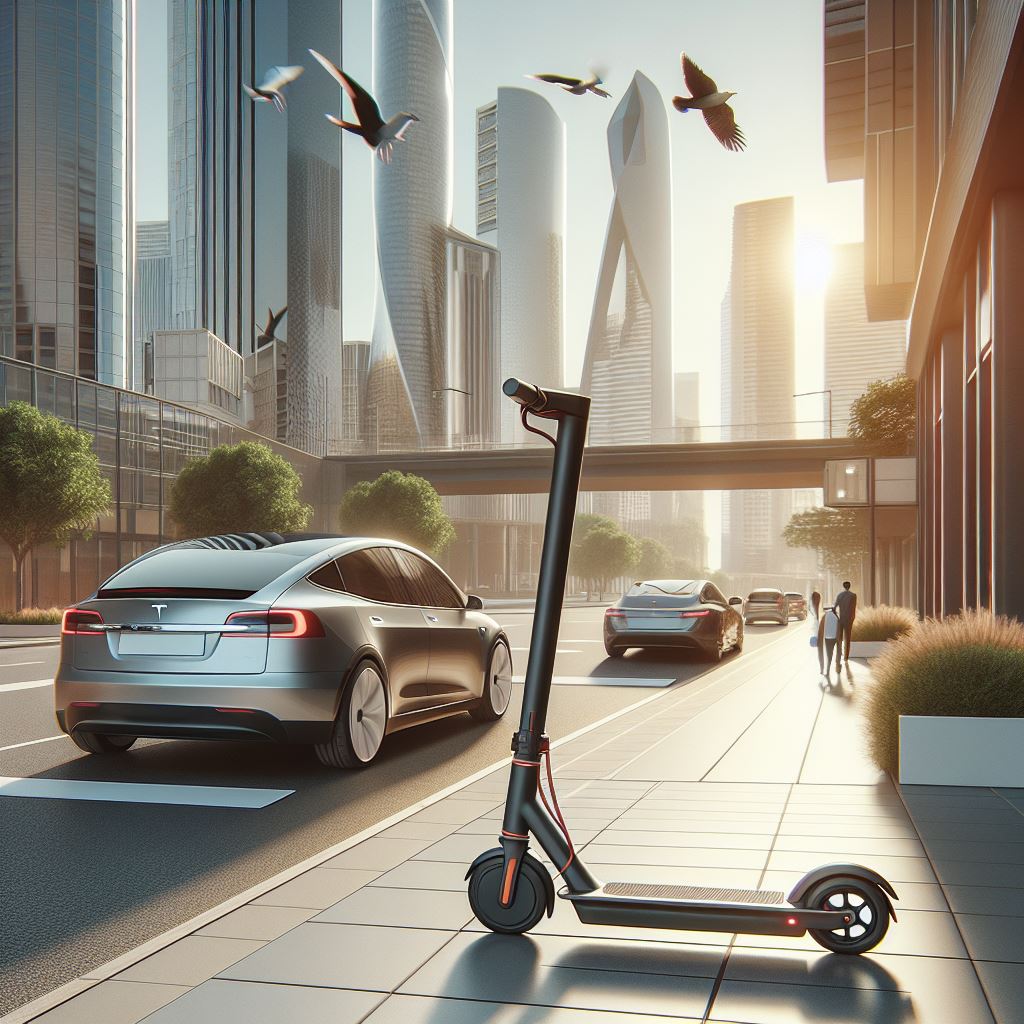Elon Musk and James Dyson are two of the most recognizable inventor-entrepreneurs of our time. Both are driven by a relentless work ethic and desire to push technology forward, but their backgrounds, leadership styles, and philosophies differ greatly. This article examines their similarities and contrasts.

Origins
Musk was born in South Africa in 1971 and immigrated to Canada at age 17. He studied physics and business, co-founding web software company Zip2 and then online bank PayPal before the age of 30. He invested his PayPal earnings to start SpaceX, Tesla, and other companies aimed at radically advancing rockets, electric cars, solar power, brain-computer interfaces, and tunnel infrastructure.
Dyson was born in Norfolk, England in 1947. He studied furniture and interior design at the Royal College of Art in the late 1960s, and had the idea of using cyclonic separation to improve vacuum cleaner suction while renovating his house. He developed over 5,000 prototypes before releasing the G-Force cleaner in 1983, later renaming his company Dyson. He has since expanded Dyson's product line into hand dryers, air purifiers, fans, hair care, lighting, and robotic vacuum cleaners.
Leadership Style
Musk has a reputation as an intelligent but polarizing figure - visionary yet unreasonable. He is obsessed with ambition and speed, pushing his executives and engineers to meet extremely challenging goals. He embraces risk, is quick to change course, and makes decisions rapidly. However, his intense management style often results in heavy turnover and burnout.Dyson promotes a culture of innovation and perfectionism, but is seen as easier to work with than Musk.
He reviews each new product thoroughly and will even destroy those that don't meet his demands, but allows engineers creativity in their work. Dyson focuses mainly on product design rather than flashy marketing or public relations. He prides resilience, self-reliance and learning from failure within his growing company.
Technologies
Musk aims to revolutionize transportation on both Earth and space through electric vehicles, reusable rockets, underground tunnel networks, and even colonizing Mars. Some questioned his radical visions until his SpaceX rockets successfully delivered NASA cargo and astronauts to the International Space Station. Tesla has also shaken up the automotive industry, accelerating the shift towards sustainable transport.
However, quality control and reliability issues have plagued the roadster, sedan and SUV models. Musk also proposes neural tech to connect human brains with computers.Dyson found immense success by taking existing technologies and relentlessly refining them rather than chasing visions of sci-fi concepts.
For example, Dyson digital motors spin up to 110,000 rotations per minute, enabling cordless vacuum cleaners to capture microscopic particles using centrifugal forces. Dyson is also integrating machine learning into vacuums to improve navigation. Critics argue that Dyson products are expensive for what they offer, but the company invests heavily in R&D with thousands of engineers working across disciplines including fluid dynamics, acoustics, filtration, sensory technologies and robotics.

Failures & Successes
Both innovators point out that failure and setbacks are part of pushing progress, yet Musk appears less risk-averse. SpaceX's early rocket launches ended in explosions before later succeeding, although his Hyperloop contest to spur radical vacuum tube trains has not yet materialized into a realized transit system. Many early Tesla features were scrapped or modified over safety issues or lack of demand, including replaceable batteries. Musk also hastily proposed then retracted a plan to take Tesla private.Like Musk, Dyson accepts failures as part of the innovation process – it took over 5 years for his engineers to finalize the technologies for bladeless electric fans.
Dyson Appliances aimed to bring his engineering innovations into smart devices for the home, but the division shut down after failing to meet sales targets despite heavy investment. Dyson also chose to close his automotive division working on developing an electric vehicle, as it could not become commercially viable within reasonable timescales
Despite failures, Musk’s SpaceX achieved massive reductions in launch costs by pioneering reusable orbital rockets. Moreover, by championing electric vehicles as CEO of Tesla, Musk accelerated their mainstream adoption. Meanwhile, Dyson dominates the market in air treatment appliances and high-end vacuum cleaners, continually rolling out improved models. Both display commitment to research even without short-term profit motives.
Clashing Visions
Elon Musk is chasing an interplanetary future, colonizing Mars through SpaceX, then merging human minds with A.I. via Neuralink to stay relevant amidst great technological change. Moving humans to space fits his goal-driven philosophy to advance life in the universe. In contrast, James Dyson aims "to solve problems that others ignore." Rather than sci-fi pursuits on other worlds,
Dyson focuses his army of engineers on tangible needs across home, lifestyle and environmental innovations.Their publicly traded companies also operate differently. Tesla has repeatedly missed production targets, operates on thin margins, and spends less on marketing compared to major automakers. Meanwhile Dyson enjoys strong profits from premium home appliance sales, allowing large, secretive investments in longer-term technologies less pressured by share prices and quarterly earnings.Both push boundaries in design and engineering, but their brands and cultures also reflect these differing identities and priorities in the pursuit of innovation.
Legacy
Elon Musk promises a radically different future across industries, full of opportunity and existential risk. By accelerating sustainable transport, energy and infrastructure projects here on Earth while also pioneering affordable routes to space and A.I. interfaces, Musk envisions transforming economies and humankind through technology.Meanwhile James Dyson has relentlessly refined product categories from vacuum cleaners to washing machines that were already common in homes but laden with frustrations. Rather than pursuing sci-fi dreams, Dyson relentlessly hunts flaws in existing tools and appliances, removing inconveniences regarding dust removal, bathroom hygiene, lighting or hair care through better designs.
This more incremental approach also brings significant improvement.Both figures sit prominently in the pantheon of inventors pushing science and technology forward through unconventional thinking, huge ambition, and sheer determination. Our civilization is all the better for visionaries who forge their own paths and lead others to imagine and engineer a better future.